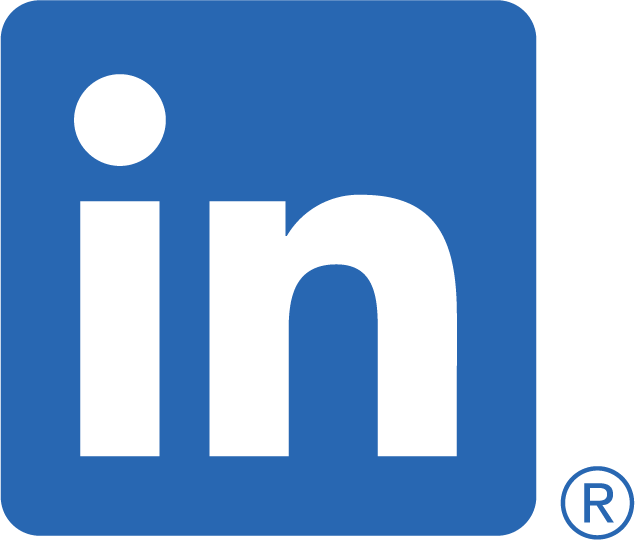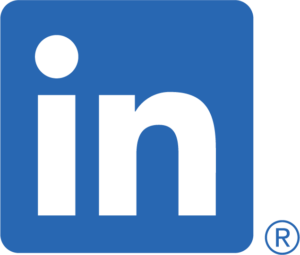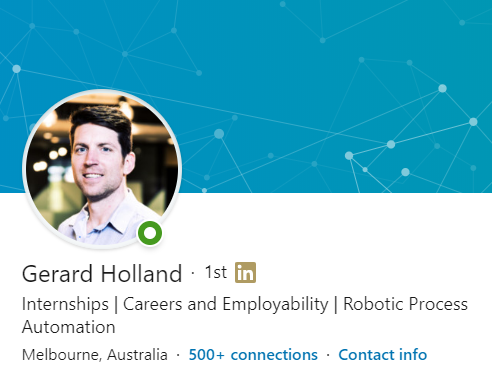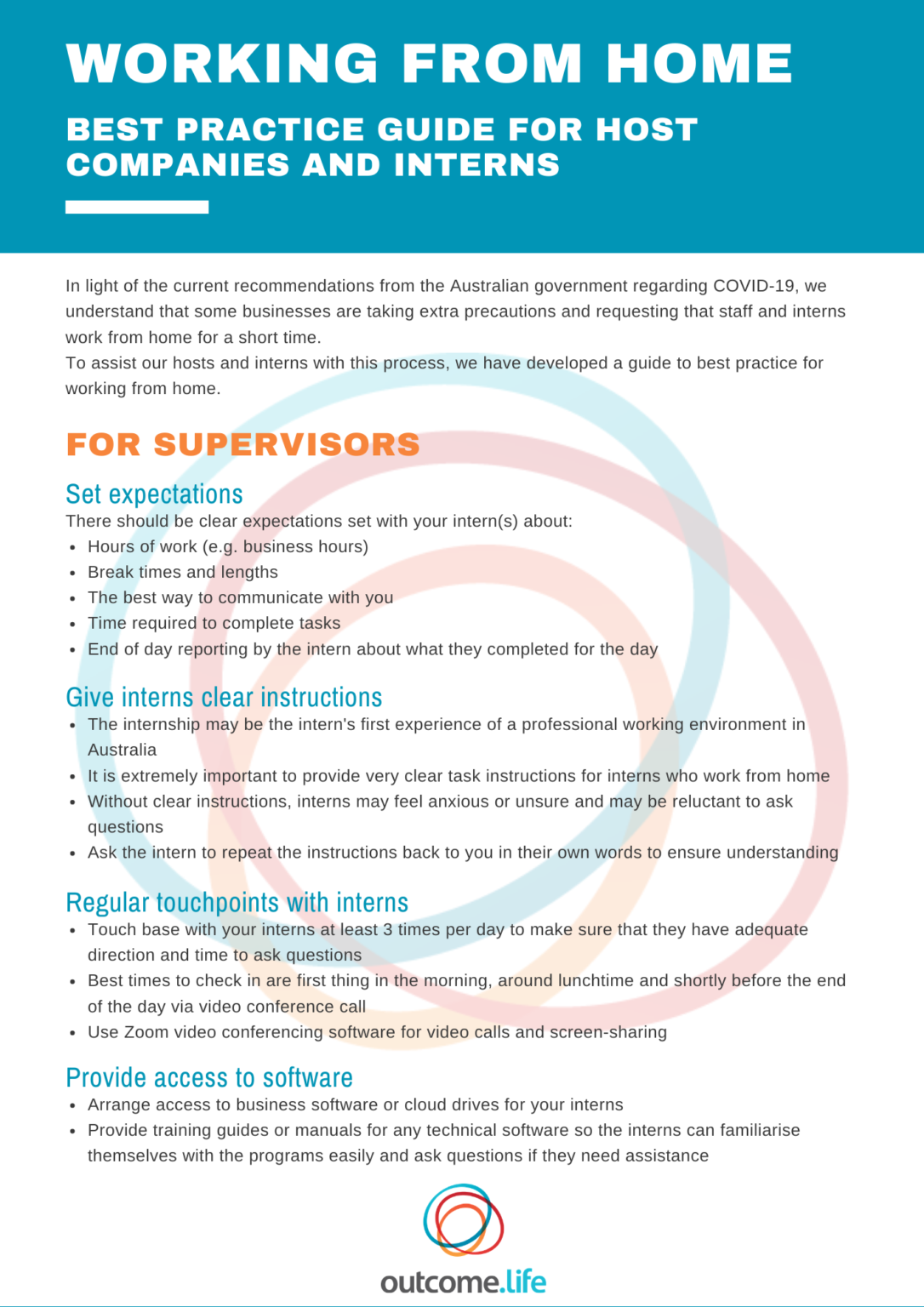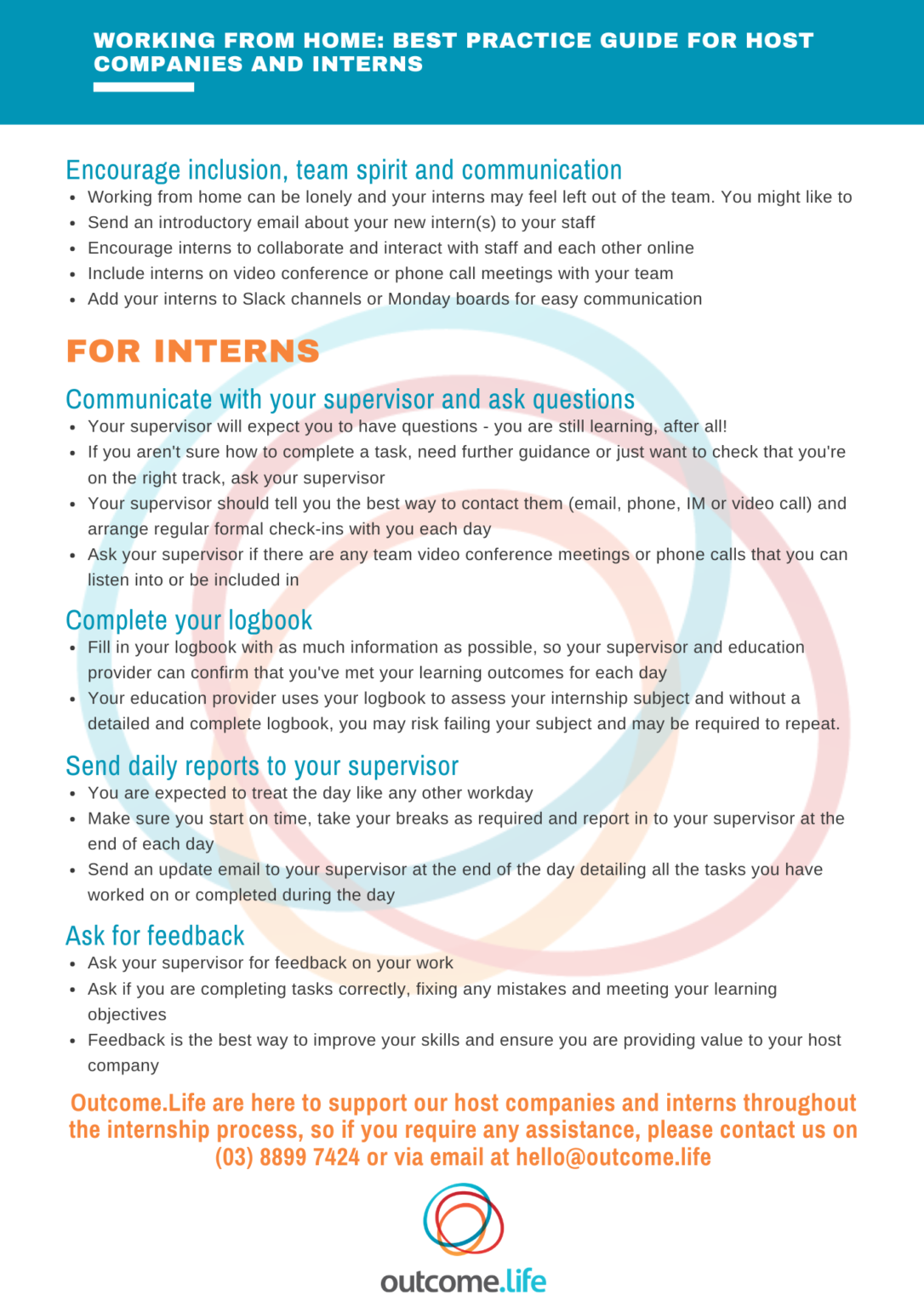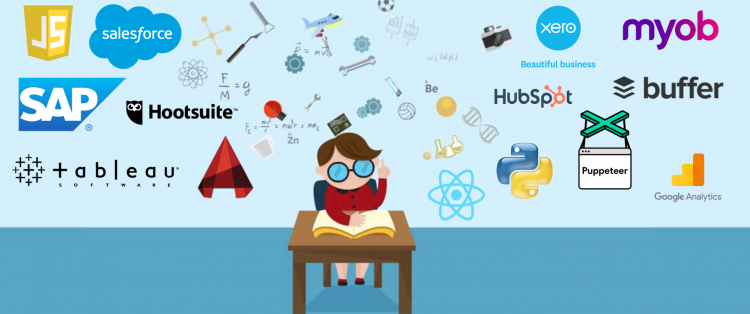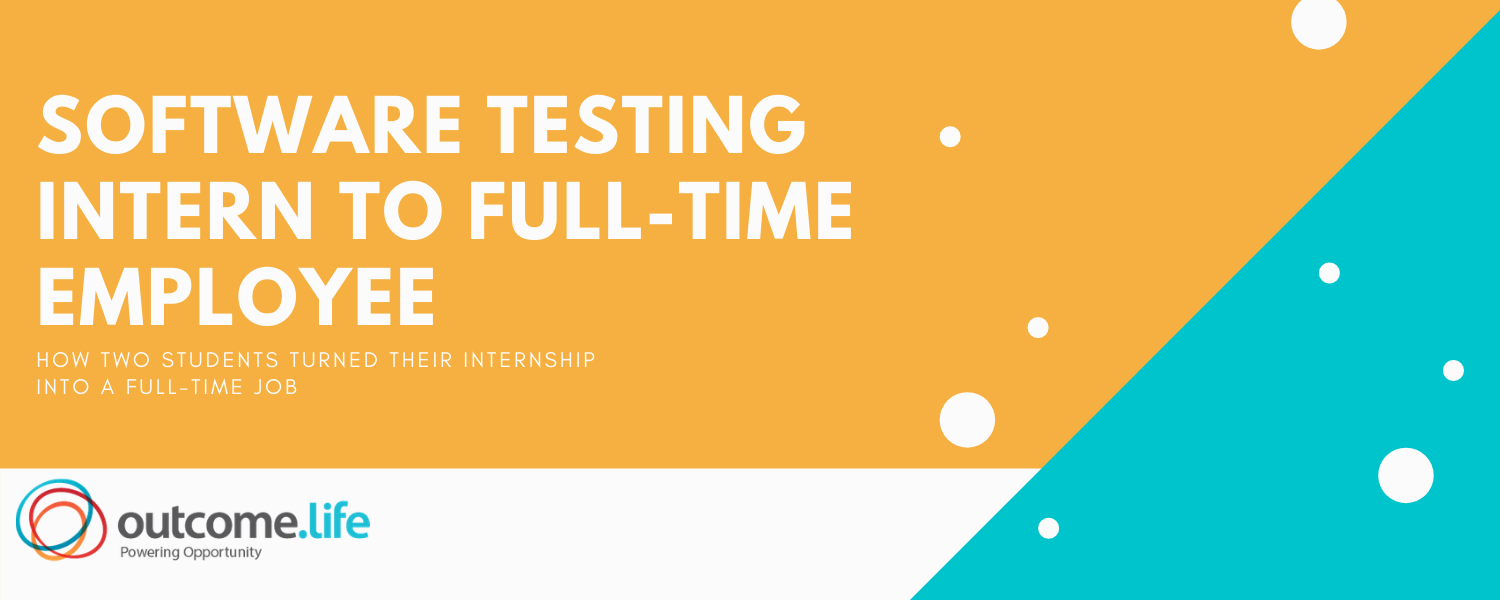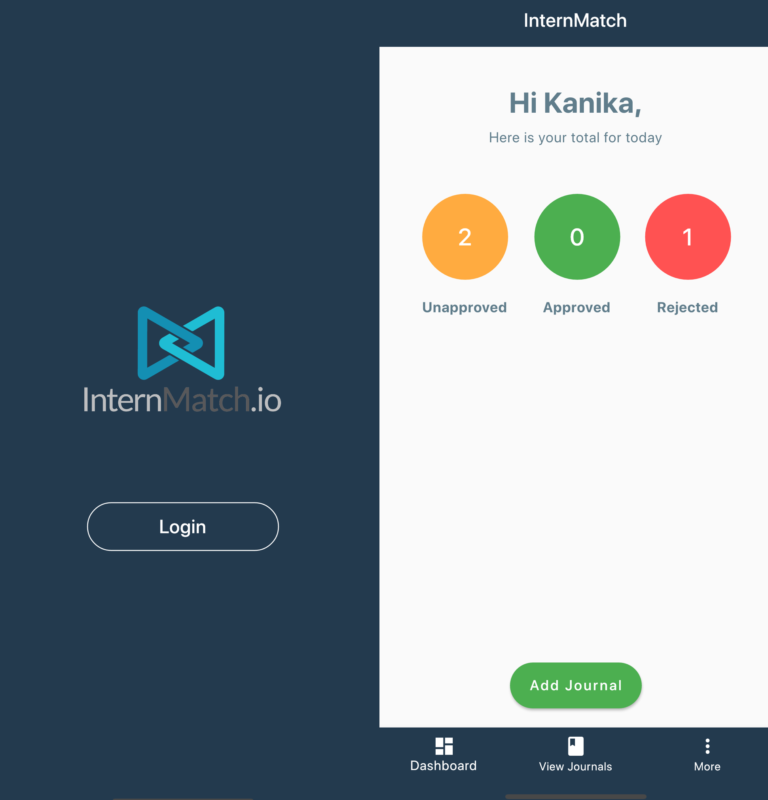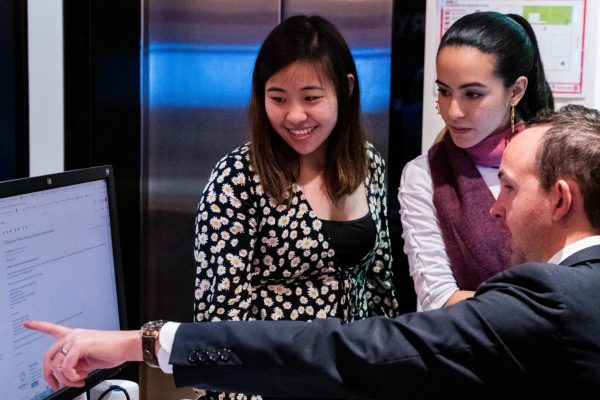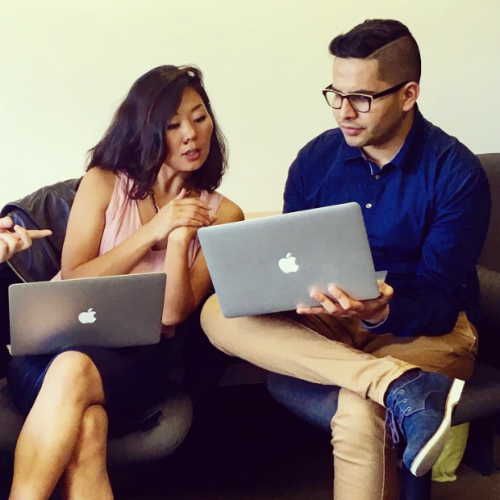
The importance of Coffee Meetings
Going for a coffee or a drink with a colleague is a great way to build your professional network in Australia. Getting to know your teammates on a personal level, outside of the workplace, is how we build strong business relationships.
All relationships, business or otherwise, grow stronger when a personal connection is developed and nurtured. Personal connections at work build trust and enable greater productivity within the organisation.
Another thing to remember is that many people in Australia have been introduced to new clients, suppliers and even offered new jobs over coffee meetings!
A Valuable Learning Experience
Coffee meetings are a great way to start a conversation with your colleague or supervisor about their career, their professional background and how they got to where they are today. You might also learn some of the tips and trick they learned along the way, which might also help you in your own career.
The person you’re having coffee with may also ask you about yourself and your hopes and dreams for your career. Keep your answers work-appropriate and be prepared to ask follow-up questions for advise about the things you can do to get ahead.
Also, don’t be afraid to ask for a referral! By this, we mean asking your supervisor if there is anyone they could introduce you to who might be worth catching up with to explore different aspects of your industry, look to as a mentor or maybe even employment opportunities that someone in their network might have.


Virtual Coffee Meetings
Sometimes, in-person coffee meetings aren’t always possible – especially in the current COVID-19 lockdown situation! Don’t let that deter you. Send one of your colleagues an email or instant message over your workplace Slack to invite them to have coffee with you virtually.
You can both grab a drink and connect via a video conference meeting to have a conversation. Not only will you likely get some great advice, but it breaks up your routine and can give you a nice break if you are interning remotely. It will also make you feel like you are part of the team and help you to not feel lonely!
Remember, you don’t have to drink coffee to ask for or accept a coffee invitation. Your colleague won’t care if you don’t drink coffee (plus, they probably won’t even be able to see what you’re drinking! Coffee meetings are just a great way to get to know more about your host company, your colleagues and your network connections, so don’t be afraid to extend an invitation or two during your internship.
If you have any questions...
The Outcome.Life team are always here to answer any questions or help with any problems you might encounter during your internship.
You can contact us between 9am – 5pm, Monday – Friday at:
Phone: 03 8899 7424
Email: hello@outcome.life
Or get in touch with us directly via the form below!

